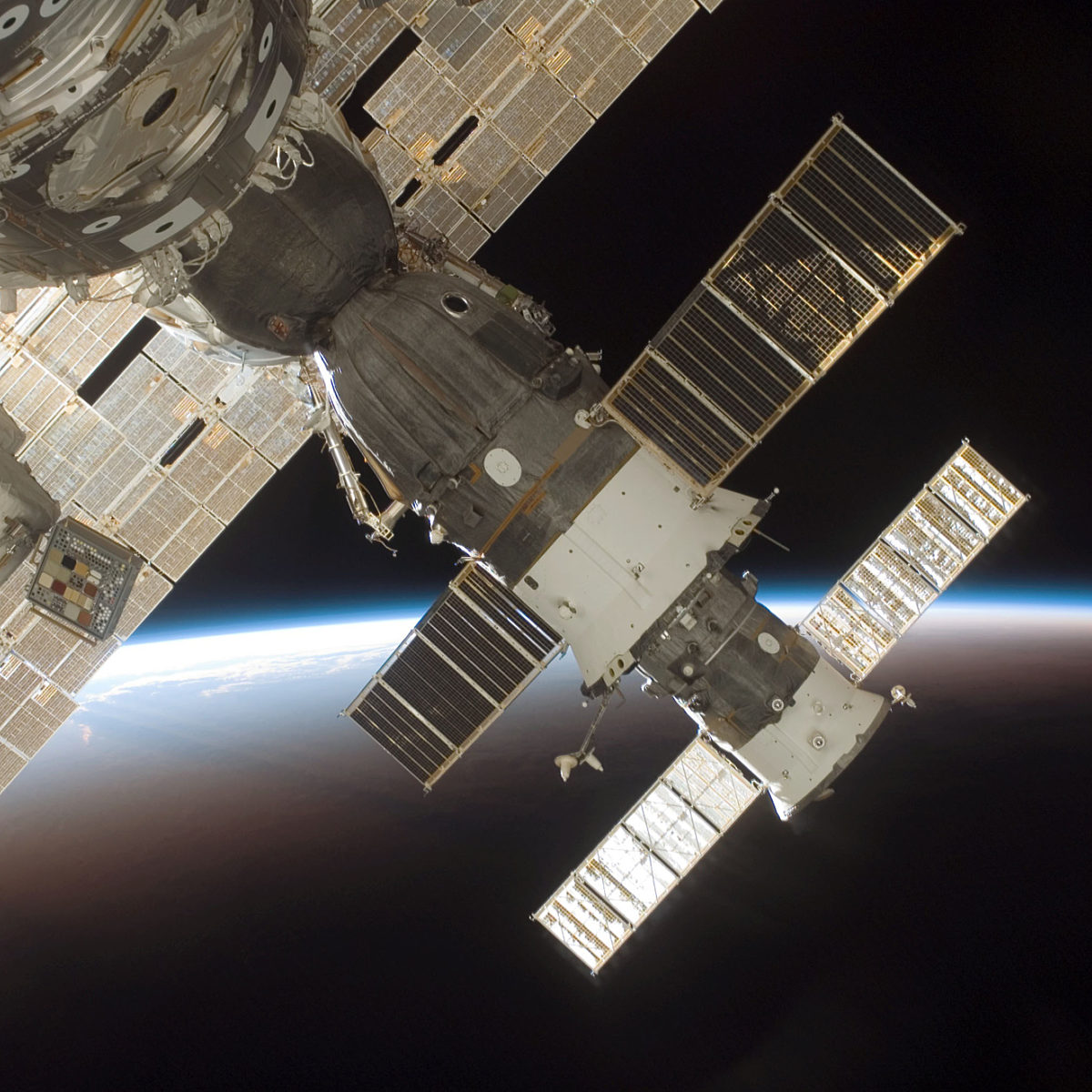Since 2002, Planetary Radio has visited with a scientist, engineer, project manager, advocate, or writer who provides a unique perspective on the quest for knowledge about our Solar System and beyond. The full show archive is available for free.
Search Planetary Radio
Did the public support Project Apollo? Dr. Emily Margolis joins the show to explore the domestic politics and cultural impact of the space age throughout the 1960s. Despite the success of the lunar landings, there was more opposition to Apollo than we generally remember.
The Soviet space program launched the first artificial satellite, the first man, and the first woman into space. Soviet cosmonauts performed the first spacewalk and piloted the first two-person spacecraft. But it was the United States that placed the first humans on the surface of the Moon. What happened? Dr. Asif Siddiqi, author of Challenge to Apollo: The Soviet Union and the Space Race (PDF Download), helps answer that question.
Space historian Dr. Roger Launius joins the show to explain why Apollo happened the way it did, how a moonshot briefly became a solution to a national security problem, and why it is unlikely to happen again.
The U.S. won the space race in July of 1969 with the success of Apollo 11. But was the Soviet Union even racing? How close were they to beating the United States to the Moon?
New U.S. sanctions against Russia have reignited speculation that global politics could undermine cooperation in the International Space Station. Could Russia cut off rides for US astronauts to the ISS? Later, Casey Dreier joins Spark Science host Dr. Regina Barber Degraaff for a conversation with U.S. Congressman Rick Larsen, Democratic representative of Washington state’s 2nd District. We also check in on NASA's 2018 budget, which is currently moving through the Senate. Did they provide funding for a new Mars orbiter?
Planetary Radio Live was on stage at the World Space Party with guests George and Loretta Whitesides and Bobak


 Explore Worlds
Explore Worlds Find Life
Find Life Defend Earth
Defend Earth






